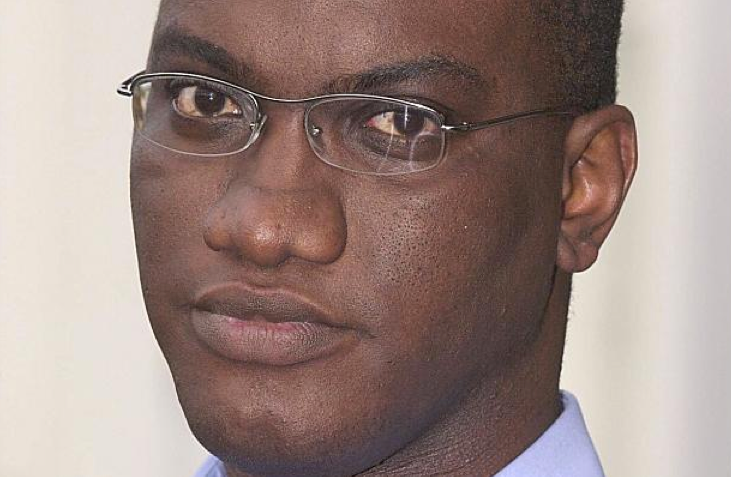
The judge in the trial of Sun journalist Anthony France erred by not advising the jury to consider whether his stories harmed the public interest, the Court of Appeal heard today.
France today challenged his conviction in May last year for aiding and abetting misconduct in public office after The Sun paid police officer Timothy Edwards £22,000 for 38 stories and pieces of information.
France is the only journalist whose conviction at trial under the Met Police’s Operation Elveden still stands.
France, 42, from Watford was sentenced to 18 months in prison, suspended for two years, as well as 200 hours of community service.
His barrister Richard Kovalevsky QC today said the judge in France’s case had not gone far enough in directing the jury to assess the “nature” of the confidential information leaked to him.
He said that had they been told to read France’s stories – described as “tittle tattle” – they would have been able to consider whether the information leaked had “harmed the public interest” rather than deciding on whether France’s stories were “in the public interest”.
“There’s good reason to think that some material may not have the characteristic of confidentiality,” Kovalevsky said of the leaked information.
“The way this case was closed was that these were tittle tattle stories and human interest stories and these were bound to come out in any event. They were fodder for newspapers.”
Kovalevsky said that while Edwards had access to sensitive counter databases through his counter terrorism role, he had only shared “gossip” with Francis.
He added: “The complaint, if it is to be articulated, is that that balance wasn’t properly set out.
“Confidentially is a large part of that balance. The sale of secrets versus the sale of tittle tattle.
“There had to be a balance. The jury have to be put in a position to assess on the one side the damage to the public interest and on the other side what factors might mitigate against that – and in fact this hasn’t happened.”
He said the judge had not “served the jury in the way they need to be served”.
“In the summing up, the jury should have been directed to what it was they were having to assess and in that assessment they should have been taken to features in both sides so that they could, in their own discretion, either accept or reject as features various things before them at the proper time, which was when looking at what the public official was doing.
“We don’t see that.”
Lady Justice Hallett summarised: “The jury should have been told to look at the nature of the material. Just look at it. Go away and read it.”
But Ms Johnson, for the Crown, said: “This case was a manner case and so the judge wouldn’t sum it up as though it was a content case.
“But what he did do was give the defendant the benefit of the fact that the stories were trivial.
“The prosecution could not have been more clear and the jury could not have been in any doubt that the stories and the content itself was trivial.”
She added: “The fact that the jury came down and put the corrupt relationship above the public interest is their task.”
In his closing remarks Kovalevsky told the court: “If we step away from this case. Can this court say that this jury was clearly directed?
“Can it be said that the judge gave the jury sufficient material for them at the right point to be able to exercise the balancing judgement that they had to do in order to find that the public official had misconducted himself to such an extent as to harm the public interest?
“In terms of did it make a difference. Can this court be sure that there has been no risk of an injustice here? I would respectfully say clearly not.
“There were several cases that factually were similar where the detail which we contend for was included and the outcome was different and that included serving police officers accessing computer files for payment and notwithstanding that, when fully directed, juries have acquitted.
Justice Hallett told Kovalevsky he had provided the court with “sufficient evidence to say that the grounds are arguable”.
The three appeal judges are now considering the case.
Email pged@pressgazette.co.uk to point out mistakes, provide story tips or send in a letter for publication on our "Letters Page" blog
